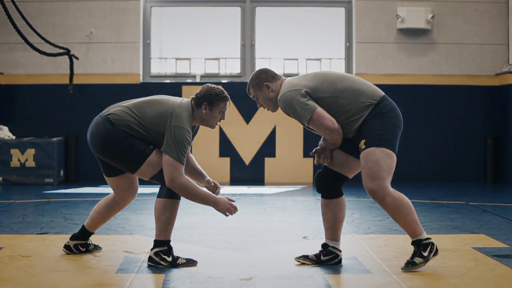1.2 Travis’s experience
Like Lois, Travis has also found the experience of being injured difficult but he has reacted in a very different way, as you will see in the activity below.
Activity 2 Travis’s responses to injury
1. Read how Travis is coping with his injury in the box below and contrast Travis’s responses and their impact with those of Lois in the previous section.
Travis is really missing the buzz of going to the gym every day and can’t wait to get back to full fitness and resume his normal fitness regime. He has experienced feelings of sadness, anger and frustration about being injured, but is now determined that he is going recover as quickly as possible. He is in denial about the extent of his injury and believes that he will recover much quicker than his physiotherapist Lydia has suggested. Travis turns up on time for every rehabilitation session and works hard in every session, but Lydia is concerned that he is pushing too hard and ignoring her advice to slow down. She believes that he is doing his rehabilitation exercises at home more frequently and at a higher intensity than she has prescribed. She recently saw him leaving a circuit training class even though he has agreed that he will take two weeks off from the class. She is concerned that if he doesn’t take her advice, he will aggravate his shoulder injury and consequently delay his recovery even further. |
2. Watch Video 1 below about American wrestler Adam Coon and reflect on the similarities between Adam’s and Travis’s responses to injury. How might their responses impact on injury recovery?

Transcript: Video 1
Discussion
Travis appears to have the opposite problem to Lois – over adherence. While Lois has lost her motivation, Travis is highly motivated, but to his detriment because he is trying to do too much too soon.
This is very similar to the wrestler Adam Coon in the video who slowed his recovery by working too hard. If you relate this to cognitive appraisal models, you could say that Travis’s cognitive appraisal of his injury (‘it’s not that bad’) is resulting in an inappropriate behavioural response (over adherence). This in turn is having a potentially negative impact on his recovery outcomes (re-injury and slowed recovery).
Now you’ve identified how psychological responses can impact on injury rehabilitation, next you’ll explore how these responses change over time.
